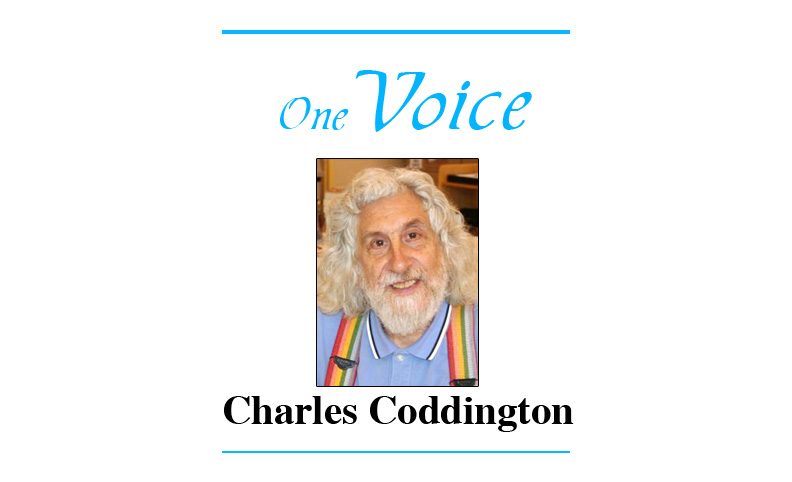
War!
For the second time since the close of World War II, war has broken out in Europe. The first time was a regional conflict in the 1990s when Serbia attempted to hold the Yugoslav Federation together, but failed, thanks to NATO’s intervention.
This time around, the war is international in scope, because the Russian Federation invaded neighboring Ukraine in order to prevent that nation from joining NATO. Russian president Vladimir Putin, a.k.a. Tsar Vladimir I (the “Great”) views such an eventuality as not only a threat to Russian sovereignty but a threat to his imperialistic plans. Yet, he seems to have forgotten a bit of recent Russian history and, in doing so, is in danger of having his lapse come back to bite him on his backside.
His lordship was born and raised in Soviet Russia, which was the successor of Imperialist Russia. He was a colonel in the dreaded KGB and cheerfully sent thousands of so-called dissidents to Siberian labor camps. All that went belly up in 1989 when Russian troops were forced to withdraw from Afghanistan, where they were propping up a puppet government, because the Afghan people preferred to rule themselves. That defeat, coupled with a collapsing economy, doomed the Soviet model and introduced Russia to Western-style democracy.
His Majesty, now out of a job, turned to politics and alternately became the president and the prime minister of the newly-formed Russian Federation, office-jumping for the past 20 years. But, he has not forgotten those glorious days of empire; everything he has done during his terms of office has been to gather together the now independent pieces of Soviet Russia and to rule them once and for all. He has been successful in establishing a sphere of influence over four of the six Central Asian republics, but the western republics task him and occupies his every waking moment.
Will history repeat itself? It often does. Will Ukraine become Afghanistan 2? That remains to be seen.
His Royal Highness may have miscalculated the willingness of the rest of Europe to wring its collective hands and shed crocodile tears. The European Union (EU) and NATO, both of which claim former Soviet republics as members, have put aside their internal squabbling and are standing foursquare against the Russian bear. Moreover, the EU has announced the imposition of a number of sanctions, including a halt in trading with the so-called “Republics” of Donetsk and Luhansk, a freeze on all Russian assets in the memberships’ territories, and a block on the access of Russian banks to European financial markets. In addition, those European nations which are not members of either the EU or NATO are imposing their own sanctions. No word yet had been received whether troops, weapons, or military equipment, will be sent to Ukraine at its request.
In the meantime, Ukrainians have dug in their collective heels and are resisting the bear wherever that creature exists. Efforts to seize the capital of Kyiv have stalled; similarly, the front at Kharkiv is another brick wall. Interestingly, the civilian population is lining up to register for the ability to bear arms; young and old, they intend to fight the Russians street by street. It is reminiscent of the Minute Men during the American Revolution.
The question arises: Should the U.S. send troops, weapons, or military equipment to Ukraine? Of course, the war hawks say yes; it’s just a game to them. They have not heeded, and seem not to be able to heed, the lessons that history teaches us. We’ve had quite enough of American meddling in other people’s wars from 1846 to the present. We’ve recently ended a 20-year exercise in futility in Afghanistan (the so-called “graveyard of empires”. What is occurring in Eastern Europe should be resolved by the Europeans; they have a bigger stake in the outcome than the United States does.
This is not to say, however, that the U.S. should just sit back and do nothing. That would be heartless to the extreme. We should organize a humanitarian-aid effort (food, water, medical supplies, and temporary shelters) during the hostilities and provide funding for re-building Ukraine afterwards. The Biden administration should offer to mediate the differences between the warring states. Anything beyond this approach is counter-productive.
As for the once-and-future “Tsar of All the Russias” (a traditional title), he has now a second front on his hands because thousands of protestors are in the streets of every Russian town and city and demand an end to the war. Similar to all resisters in every place and in every time, they risk arrest and/or death at the hands of Putin’s secret police, but they have a different view of how their country should be ruled and are willing to put themselves on the line.
Some sunny day (soon!), Vlad will be obliged to bite the bullet and slink away.
Just a thought.

